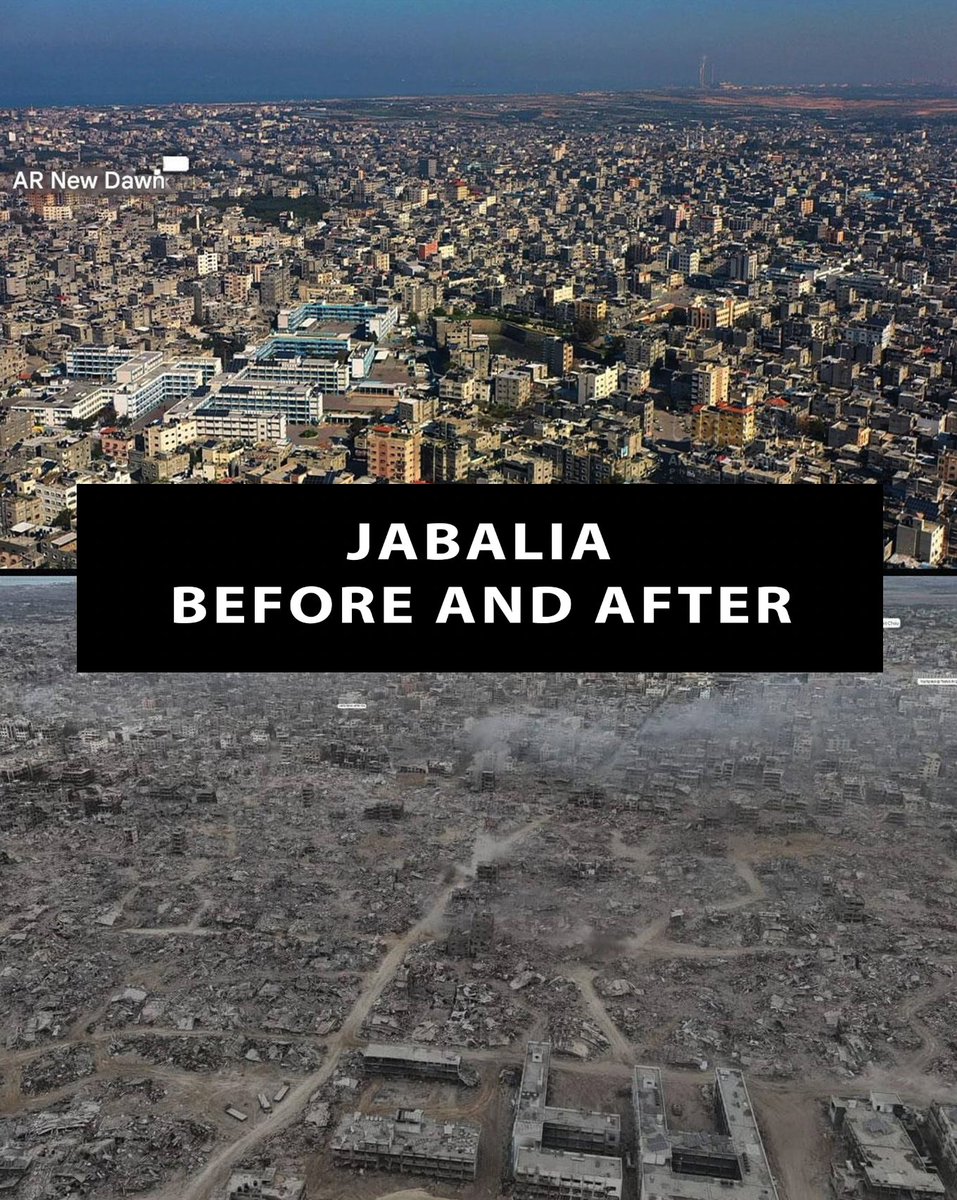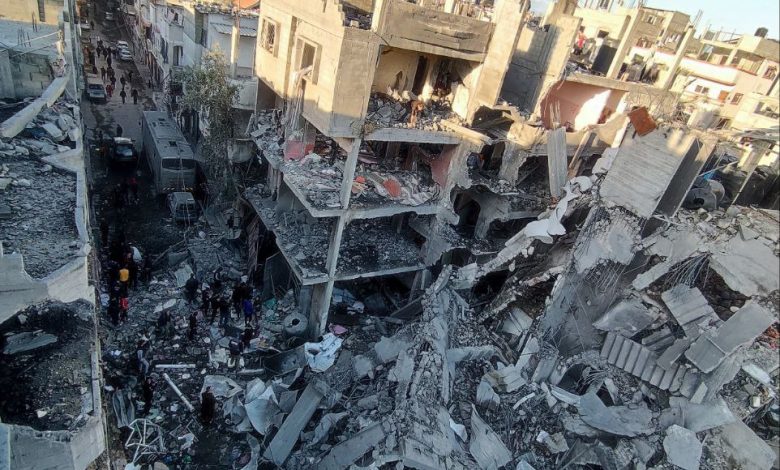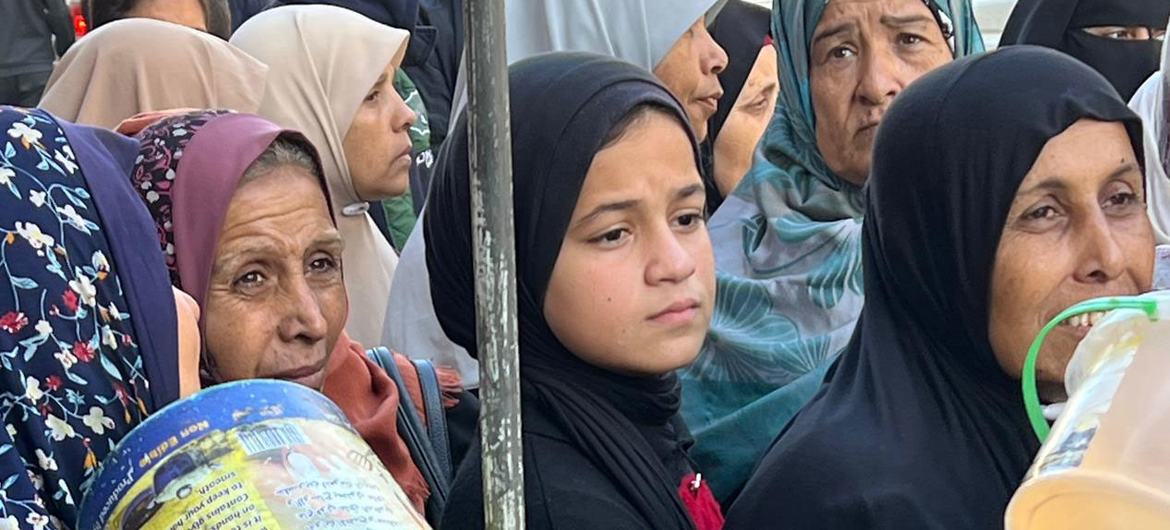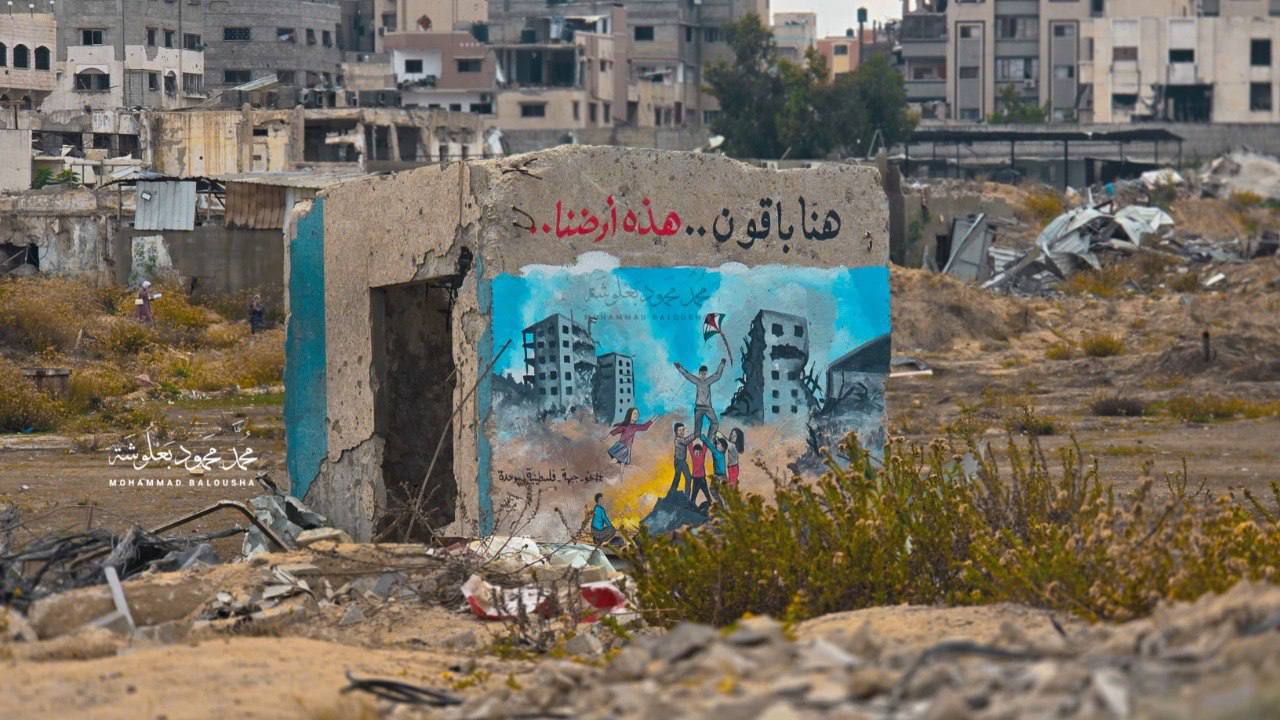Israel Must Not Meddle in Syria
By Ali Nasser Mohammed
Arab history witnessed the rise and fall of states. This was most notably the Umayyad state, taking Damascus as its capital and from there on reaching Andalusia. It finally collapsed at the hands of its Abbasid oppressors, who moved the seat of the Umayyad caliphate to Baghdad as lead by Abu al-Abbas al-Saffah.
The Abbasids inturn did not learn from the lessons of the Umayyads and do away with the struggles between themselves until their Arab feature faded and dominated by the Seljuks until the arrival of Saladin, who led the Battle of Hattin in 1187 and broke the power of the Crusaders. After this victory, Saladin regained Jerusalem.
What is happening in the occupied Gaza Strip and the West Bank, Lebanon and Syria is not the last. Today, and now, Israel occupying Mount Hermon and the buffer zone despite an international decision and a 1974 agreement, proving the chain of Zionist expansion and foreign interference in Arab affairs to weaken and subjugate them one after the other.
As for the extended past, Syria rejected normalization according to Israeli whims and strategic interests that may be achieved after the earthquake of 8 December, 2024.
During my meeting with the late President Hafez al-Assad, his attention was drawn to a large copper plaque hanging on the wall of his office depicting the Battle of Hattin. He said: “The Arabs fought the Crusaders for more than 100 years until they expelled them from Jerusalem and other Arab countries, and that the fate of Israel will be like the fate of the Crusades.”
He then spoke about an offer made to him by the also late Israeli Prime Minister Yitzhak Rabin, which included withdrawing from the Golan while keeping Lake Tiberias, which he said the Israelis “like to wet their feet in its waters,” in exchange for recognizing the Zionist entity. Al Assad rejected this offer and stressed that the Israeli flag would not be raised in the skies of Damascus except by establishing a Palestinian state with Jerusalem as its capital.
Israel incursions
The Golan, which Hafez al-Assad refused to be a deal at the expense of the Palestinian cause, today witnesses an incursion by the Zionist enemy into its buffer zone at the ceasefire line and the enemy’s prime minister’s renewed declaration that the Golan Heights will remain Israeli forever.
Not content with that, Israel launched more than 480 raids that destroyed military sites, strategic weapons depots, surface-to-air missiles, fighter jet squadrons, dozens of helicopters, airports, air defense batteries, and the military infrastructure of the Syrian army, which was founded on 1 August, 1946. At the same time, the Israeli navy carried out large-scale strikes to destroy the Syrian naval fleet, including coastal defense systems and ships containing sea-to-sea missiles.
What is shameful for both the Syrian and Arab sides is that paralyzing the role of the Syrian army does not serve the interests of Syria and the Arab nation, its security, dignity, and national role. The army was actually dissolved without a declared decision, as happened in occupied Iraq in 2003 by America, which made it easy for Israel to achieve a golden goal that it had never dreamed of.
These strategic national gains belong to the Syrian people, not to any regime, regardless of its identity, and they are irreplaceable, which requires the Syrian people and their new government to be deeply aware of the ambitions of the Zionist entity and its allies in the region, which have no end unless Syria’s security and sovereignty are not a priority. Therefore, it has become necessary to work quickly and seriously to preserve what remains of the military establishment, which was and still is the pillar of Syrian power and which has no alternative unless foreign agendas hide something else.
Syria’s recovery from its deep wounds and its strong and majestic return to the Arab arena, in a manner befitting its Arab role and national interests, requires distinguishing the enemy from the friend and clinging to the national interest in addition to unity of ranks, overcoming divisions and the short-sighted policy of revenge.
Our history teaches us that major challenges can only be faced by the will of a unified people and a conscious leadership that realizes that Syria’s strength is a guarantee for the stability of its people and the region and for repelling any aggressive projects that threaten its present and future and the future of the Arab nation.
Today, this nation is in dire need of an Arab project to get it out of the circle of conflicts, wars and sectarianism that undermines the rights of others to draw a better future for the present and the future.
However, this requires vision, will, and insightful and patriotic leadership. Otherwise, Syria and the Arabs will enter a phase of decline, fragmentation and civil wars, and no one will escape this fate from the ocean to the Gulf.
We hope that the Syrian people, who are looking forward to their freedom, independence and sovereignty, will overcome this difficult historical stage in the life of the Syrian state and will be able to achieve their aspirations at the hands of their sons and youth. This is what the Syrian people, with their history and civilization extending deep into history, have accustomed us to.
The writer is a former President of South Yemen before the country was united in 1990. He wrote this article for the Arabic Al Rai Alyoum
Israeli Airstrikes on Gaza Residential Block Kill 33 People
At least 33 people were killed, and more than 84 others were injured or are still missing under the rubble following “barbaric” Israeli airstrikes on a residential block in the al-Nuseirat camp in central Gaza last night.
Gaza’s Government Media Office condemned the Thursday attack as a “barbaric and heinous massacre,” adding that most of the victims were members of the al-Sheikh Ali family according to the Quds News Network.
Most of the victims are women, children, and elders, the office added.
Local sources said Israeli fire struck a postal office in al-Nuseirat sheltering displaced Palestinian families, as well as nearby houses.
Thursday was a bloody day in Gaza, with medical sources confirming that at least 70 people were killed by Israeli strikes, with the majority in the central and southern parts of the besieged enclave.
Devastation in Gaza is Staggering – WFP Official
Describing the level of devastation across the Gaza Strip as “absolutely staggering”, the Head of Emergency Communications for the World Food Programme (WFP) has told UN News in an interview that civilians are desperate for lifesaving aid and there’s a growing risk of widespread famine.
Speaking from Gaza, Jonathan Dumont said many people have been displaced multiple times, and that families are living either in tents or in the rubble of collapsed buildings, with no access to electricity or running water.
The text has been edited for length and clarity.
UN News: How do you describe the situation on the ground in Gaza, after more than a year since the war erupted there?
Jonathan Dumont: The devastation is absolutely staggering. This year, I’ve been to Goma, Port au Prince, Khartoum, a lot of different places where people have issues getting food or have been displaced. But in Gaza, I haven’t met anyone who hasn’t been displaced at least two or three times, due to military activity.
Almost everyone has lost their home. In the south, a lot of people are living in tents, and with the winter coming, you have rain and wind blowing them over, flooding them. Most kids don’t have shoes.
A lot of people feel they have no choice but to go back to their homes, which are quite frequently, literally rubble. I met a few families who are living in basically the cement blocks that have collapsed over them, and there’s no electricity, running water or sewage. This is the second winter for many of them that they’re homeless.

© WFP/Jonathan Dumont
People walk on destroyed buildings in Gaza.
UN News: What is the most striking story you’ve heard from people in Gaza?
Jonathan Dumont: When we were moving to Gaza City, we had to pass a checkpoint, and there were some bodies on a bridge in this sort of no man’s land area, and there were dogs eating the bodies. It was an horrific scene.
Some of our colleagues were tasked to pick up the bodies, and we couldn’t stop, but a bit later we came across two women and some children who were walking south, due to the intense military activity in the north. What struck me the most in that moment was that those children were going to come across the same scene of the dogs eating corpses, and I kept thinking about the impact that it might have on them.
UN News: You’ve been to the northern part of Gaza. Can you tell us more about what you saw there?
Jonathan Dumont: I’ve been to Gaza City, although I didn’t go to the areas in the far north. Gaza City is a huge city but many of the buildings have been destroyed. Before you had villas, beach cabanas and a fishing port, and now it is just a ghost town.

© WFP/Jonathan Dumont
Much of Gaza has been destroyed in the ongoing conflict.
WFP is able to reach that area, so there’s some food there, but the food prices of what’s not coming from the international community, or from WFP, are through the roof. There was someone selling peppers for 195 dollars…five dollars for one pepper. People can’t afford that.
Bakeries are being treated as banks – with metal slots and a metal corridor to channel people through because people are desperate, and they don’t want people to get injured or crushed trying to get food.
In Khan Yunis, where we are distributing hot meals, people get really desperate – you can see it in their faces, in their eyes.
UN News: The IPC report warned of the acute hunger and maybe some of people are on the verge of famine. Do you think the food insecurity is getting worse in Gaza?
Jonathan Dumont: The problem is that there’s been a total breakdown of society here, there’s no police, no infrastructure or any of the structures of society. As a result, what we’ve had in the southern part of Gaza is that gangs are emerging. We’ve had our trucks coming in from the south looted, and our drivers beaten.
We are trying to find solutions to have a consistent flow of food in. Obviously, the easiest way to do that would be if there was a ceasefire, which we are always hopeful will happen. In the absence of that, we need to find a way of getting all the food that we have outside Gaza into the country so that people can access it. We need to make sure people have access to food.
UN News: Many of the bakeries are not functioning. How many of them are working at full capacity?
Jonathan Dumont: In the south there is none of the WFP’s bakeries which are big volume bakeries. In the north there are some, but in the south, there are just small bakeries, so people are improvising when they have some flour.
Bread is the staple here, bread is life.
Our Land
“Here we remain, this is our land.” A mural on the ruins of a building, spotted in the Rimal neighborhood, west of Gaza City.










